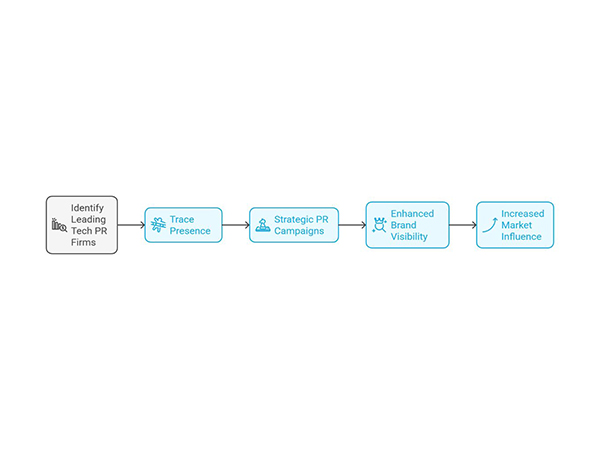Ukraine says it sank Russian submarine in Crimea
Aug 04, 2024
Kyiv [Ukraine], August 4: Ukraine's military has said it attacked and destroyed a Russian submarine while it was anchored at a port in the occupied Crimean peninsula.
The Rostov-on-Don, a kilo-class attack submarine launched in 2014, sank after it was struck in a missile attack on the port city of Sevastopol on Friday, Ukraine's general staff said in a statement.
It was reportedly one of four submarines operated by Russia's Black Sea fleet capable of launching Kalibr cruise missiles. The Russian defence ministry has not commented.
Officials in Kiev said the attack also destroyed four S-400 air defence systems protecting the peninsula, which Russia illegally annexed in 2014. Intelligence officials in the UK noted last September that the Rostov-on-Don "likely suffered catastrophic damage" in a missile strike while undergoing maintenance at a Sevastopol shipyard.
Ukraine's military said Russia subsequently repaired the vessel and it was recently testing its capabilities near Sevastopol. The vessel was worth $300mn, they added.
"The destruction of Rostov-on-Don once again proves that there is no safe place for the Russian fleet in the Ukrainian territorial waters of the Black Sea," the general staff in Kyiv said in a statement on Saturday.
It marks the latest attack on Russian naval forces in Sevastopol in recent months. In March alone, Ukraine said it hit two landing ships and a patrol vessel in the port city.
Since Russia launched its unprovoked invasion of Ukraine in February 2022 it has suffered several major naval setbacks. Ukraine says it has seriously damaged or sunk at least 15 warships, including the Black Sea fleet's flagship, the Moskva.
Source: Qatar Tribune








